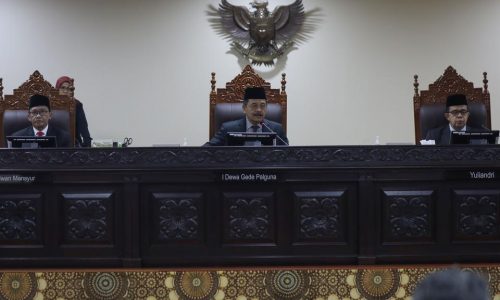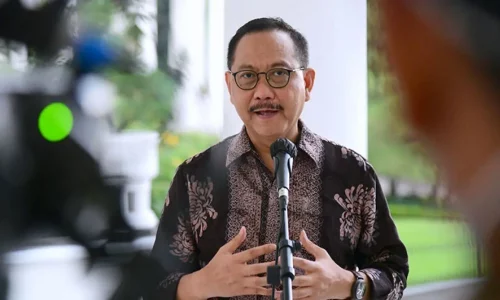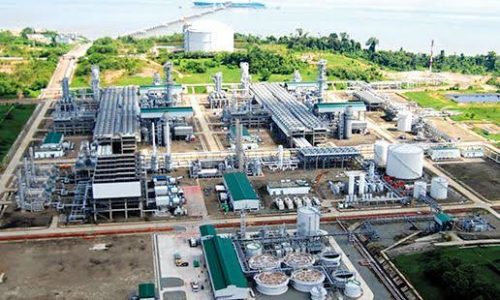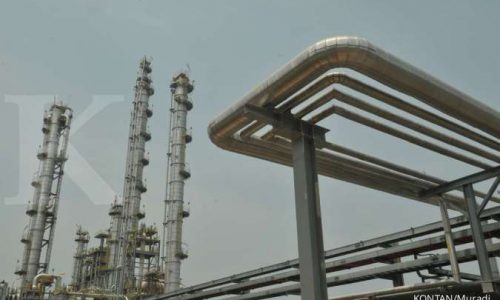President Joko “Jokowi” Widodo of Indonesia has announced that the Indonesian government will push for the development of the domestic seaweed processing industry, including for fuel production.
Previously, Indonesia banned nickel ore exports to support domestic processing in 2020. This policy attracted billions of dollars in investments into smelters for producing metals and facilities for extracting materials used in electric vehicle batteries.
President Jokowi mentioned that the policy of downstreaming, which has been successfully applied to mineral resources, will also be implemented for other commodities like seaweed. Indonesia is the world’s second-largest seaweed producer.
He added that seaweed could be used not only in the pharmaceutical and cosmetic industries but also in bioethanol production. Indonesia’s seaweed production is estimated to reach 10.2 million metric tons this year, with the majority being exported in raw form.
While bioethanol is typically produced from sugarcane juice, certain types of seaweed have been highlighted as alternative feedstocks for producing renewable fuels.
Indonesia is working to increase its bioethanol production capacity to expand the share of renewable fuels in its energy consumption.
The Indonesian government currently mandates the use of B35 biodiesel, which involves blending 35% palm oil-based fatty acid methyl ester (FAME) biodiesel into diesel fuel.
However, the government has not yet mandated the use of ethanol blends in gasoline due to limited sugar supplies. The government has also suggested the potential use of cassava as a source of bioethanol.









